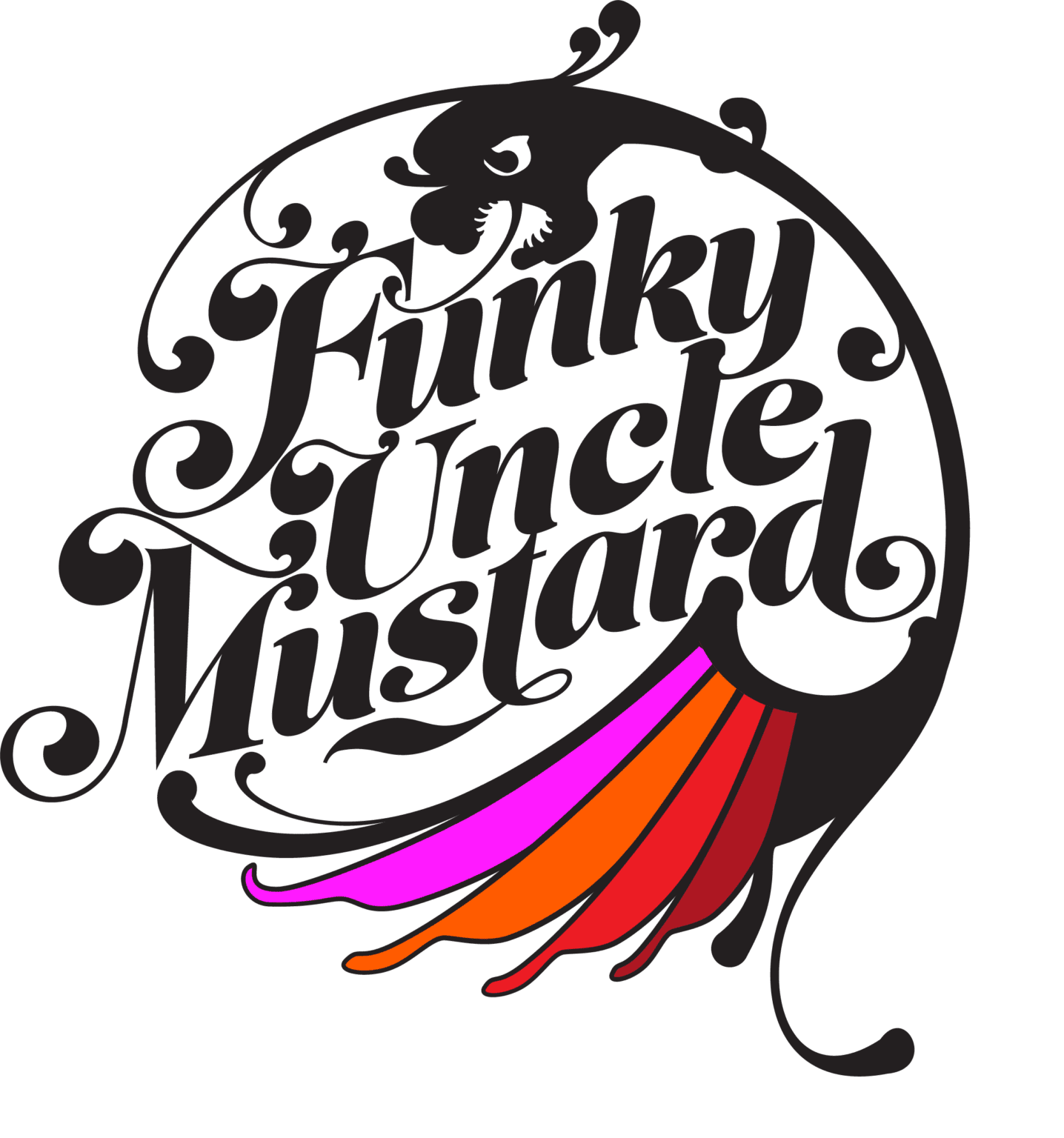Scroll

jp’s Music Manifesto
Most of the music fed to us on popular channels fits a set criteria. It fits the algorithm. It catches you quickly, has a hook, makes you move, and sticks with you. If you stop the scroll, that music wins.
The type of music I want to make is at a deeper level — music meant to move the soul, to resonate. It makes a human feel seen, that someone else understands. Music that inspires, that calms, that heals. That’s the kind of music I want to make.
Billy Joel quipped in his song The Entertainer about producers cutting “it down to 3:05.” I just read a CD Baby article that recommended “getting to the good stuff quick” and that the ideal song would definitely be under 4 minutes. And yet, many great songs are long, and many of my favorite artists write more complicated songs that take time to build. (Think of Rush, Tool, or Queen, just to name a few.)
I want to write music that makes the audience feel something deep in their bones. I want them to cry, to get goose bumps, to look to the future with hope, to feel God (in whatever way they perceive God), to feel their spirit lift, and even be somehow healed. Maybe not all in the same song, but those are things that would feel great to achieve as an artist.
Yes, I’m also happy if I can make someone tap their feet and forget life for a moment, because as the Buddhists know, suffering is a key part of life. “No mud, no lotus.” said the late Thich Nhat Hanh. And that is a capital T truth all faiths can embrace.
When I was getting out of college, I naively thought we could skirt the typical path to musical greatness; that our current band, The Helpless, could put out a demo and make it without touring, building an audience base, etc. The recording studio could go find us a contract while the rest of us went to university. What a joke. As you all know, that’s not really how it works. But I still have it deep in my bones that you can “make it” in a way that is atypical. And the industry keeps evolving in favor of the atypical.
Here’s support for my rebel spirt:
They wrote what they heard, what they envisioned. They connected with the music and became a conduit.
jp’s 9 principles for writing and recording music
1.
Above all, think about what you want your listener to feel. Let that drive everything in the song —
lyrics, mood, music, sounds. If your ultimate goal is to move the listener, you are well on your
way.
2.
F+ck the rules. Forget all the structures, rules of music, hit formulas, etc. Use tools and templates
as needed (and if they are helpful), but release all pressure of fitting into “the way it is always
done.” Nothing fresh is done that way.
3.
Let the music flow. It’s not you writing (so get over yourself). You are just listening (at a different
level) and acting as a conduit. You are tapping into the musical realm to which you have some
God-given gift of connection. Let the pressure go and just open yourself to the music.
4.
You are good enough right now. Watching Mark Ronson teach a masterclass on music production
made me realize that he is just tapping into the music and using his basic physical skills to get it
down. He’ll use more talented people as needed to record. But sometimes his simple stuff (even
if he had to slow tempos to record) was good enough to become hits!
5.
(That said,) you are not stuck where you are. When I was in my 50s I realized (by taking lessons)
that I had a vocal range much beyond what I had thought, and that I could connect it smoothly
into a pretty impressive high range. It built my confidence and freed me to fully explore my voice.
And, I enjoyed it more. Likewise, as a university-trained professional drummer, I came across a
different technique for holding the sticks (in my 50s) that reduced tension and fatigue for my
4-hour gigs. This changed how my performance was experienced. It certainly changed my
experience as a performer!
6.
Write music you will enjoy performing. Neil Peart (of Rush) used to challenge himself as he
created drum parts to be sure they would be interesting enough (and challenging enough to him)
to play hundreds of times per year.
7.
F+ck the categorical boxes people want to fit you in. Use whatever genre you want and resist the
urge to fit inside industry categories and terms. Just make music. Make sounds you like.
Organize it in ways that lift you. That lift others. I was raised on Foreigner, Def Leppard, Dokken,
AC/DC, and later spent years crafting my abilities with jazz, but many of the songs that come out
of me feel more country or singer/songwriter. Embrace who you are at the depths of your being.
8.
Relax and stay in “the now.” Be present every time you write, record, and perform. Give your
audience the gift of you being fully present at every moment. It is a privilege to be alive and a
special privilege to be able to share music. Get to that deeper level of consciousness and deliver
a truly spiritual experience.
9.
Trust that the music will reach its audience. It may take time. It may be frustrating. But if you
follow the above points, you can believe that it will eventually hit its mark. You may not see it. You
may not feel anything. But it is happening. May the Spirit within you confirm that it is so.
To be clear, this is absolutely for me more than for anyone else. I need to remember this to do all of the
above in order to do what I feel God made me to do — make music.
But, If you are a fellow musician, and perhaps someone who is questioning your path forward in music, I
hope these 9 points will inspire you. Trust the bigger picture that you are stepping into and everything will
fall into place … that is, with the right mindset.
John “jp” Pollard, founder, Funky Uncle Mustard


